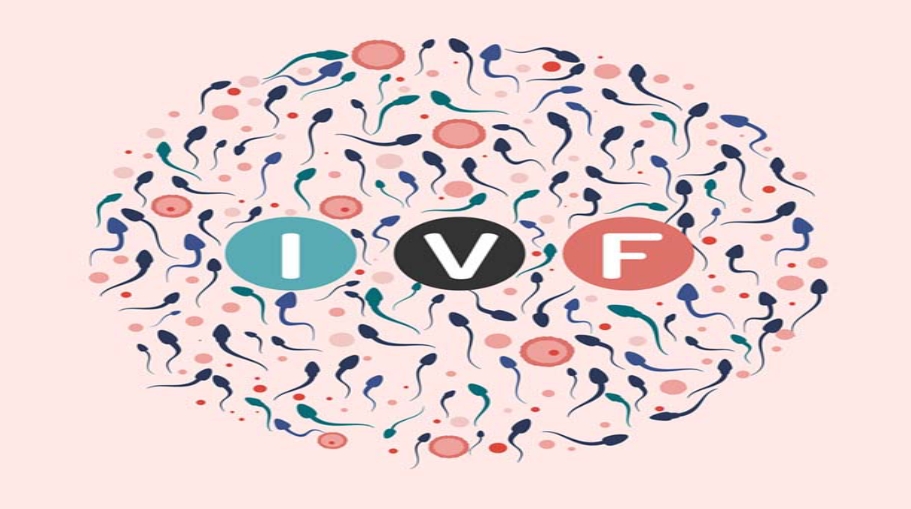In-vitro fertilization (IVF) is more than just a medical procedure, it is often a journey filled with hope, courage, and tough decisions. While it’s not the first step for everyone, IVF becomes a vital option when natural conception seems increasingly out of reach. Understanding the reasons behind this choice helps reduce the stigma toward those on this path.
Infertility Challenges
Infertility affects about one in six couples globally. While some may conceive after months of trying, others face problems like low sperm count, poor egg quality, or fallopian tube blockages. These barriers can continue despite lifestyle changes or simpler medical interventions. IVF is often considered after basic fertility treatments like IUI or hormone therapy don’t yield results. It offers a more targeted approach by combining egg and sperm outside the body, increasing the chances of successful implantation.
Age-related Fertility Decline in Women and Men
Biological clocks play a significant role in fertility. For women, fertility declines sharply after age 35 due to reduced egg quantity and quality. Men may also face lowered sperm quality with age. Couples in their late 30s or early 40s may turn to IVF not only because of lower natural conception rates, but also because IVF can be combined with techniques like ICSI or embryo freezing to improve outcomes.
Underlying Medical Conditions and Genetic Concerns
Certain health conditions make natural conception difficult or risky. Women with endometriosis, PCOS, or uterine abnormalities may find IVF more effective. Similarly, men with azoospermia (absence of sperm in semen) may benefit from sperm retrieval techniques used alongside IVF. In some cases, couples are carriers of genetic disorders and wish to avoid passing them on. IVF combined with preimplantation genetic testing (PGT) allows for the selection of embryos free from specific genetic conditions.
Ivf as an Option After Failed Treatments
For many, IVF comes after months or years of failed attempts and frustration. When oral medications, lifestyle changes, or less invasive procedures don’t lead to conception, IVF becomes a more controlled and promising route. It allows specialists to monitor every stage, from egg retrieval to embryo development, offering a greater sense of control over the process. Though emotionally and financially taxing, couples often choose IVF as a final step after exhausting all other possibilities.
Same-sex Couples and Single Parenthood Choices
IVF isn’t just for heterosexual couples facing fertility issues, it’s also a vital option for same-sex couples and single individuals who want to build a family.
- Female couples can use donor sperm with IVF to conceive.
- Male couples may work with a surrogate using donor eggs and sperm.
- Single women may freeze their eggs early and use IVF later when ready.
Emotional Motivation
Often, the driving force behind choosing IVF is not a diagnosis, but the emotional toll of wanting a child and not being able to conceive. The weight of infertility can lead to feelings of inadequacy, grief, or isolation. IVF becomes a way to take control and channel that emotional energy into action.
Access to Advanced Reproductive Technologies
What makes IVF a more viable option today than a decade ago is access to improved technologies and better success rates.
Couples now have the benefit of:
- Embryo freezing (cryopreservation)
- Time-lapse imaging to select healthy embryos
- Genetic screening for inherited diseases
- Tailored hormone stimulation protocols
These advancements reduce trial-and-error cycles and improve safety for both parents and babies.
Over the last decade, Bangalore has emerged as a leading destination for reproductive health services in India. If you’re exploring fertility treatment options, the best IVF centre in Bangalore offers not just technologically modern solutions but also emotional support throughout the process.
IVF is not a one-size-fits-all solution. Each couple’s decision to pursue it is shaped by a unique mix of medical needs, emotional readiness, and long-term goals. What’s important is that the decision is informed and supported. By understanding the various reasons people choose IVF, we move closer to creating a society that values reproductive autonomy and respects the decisions required to build a family.





























